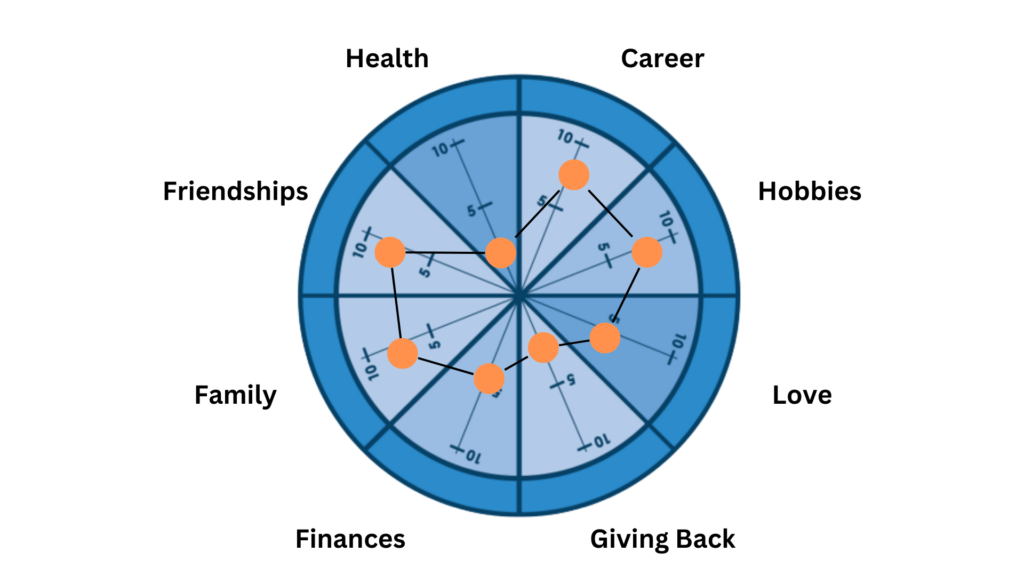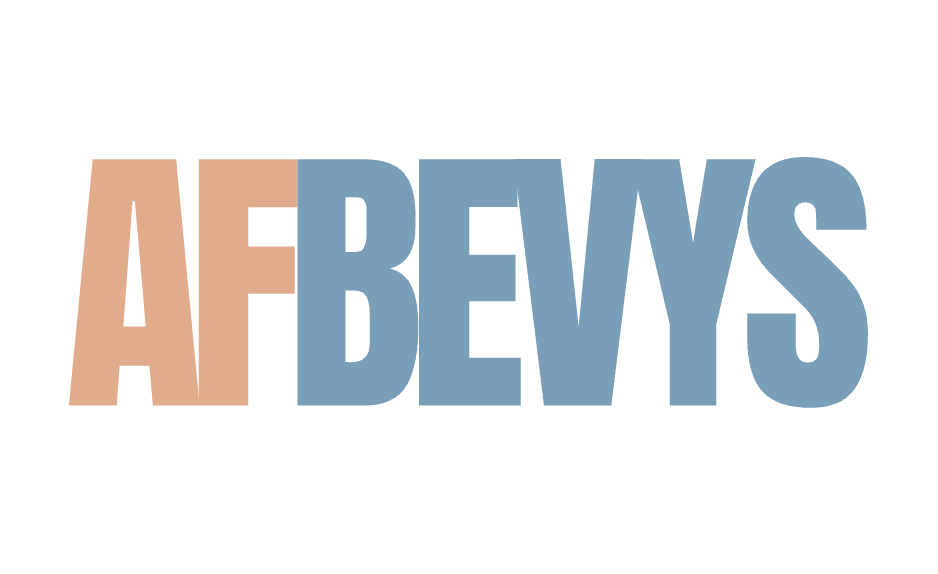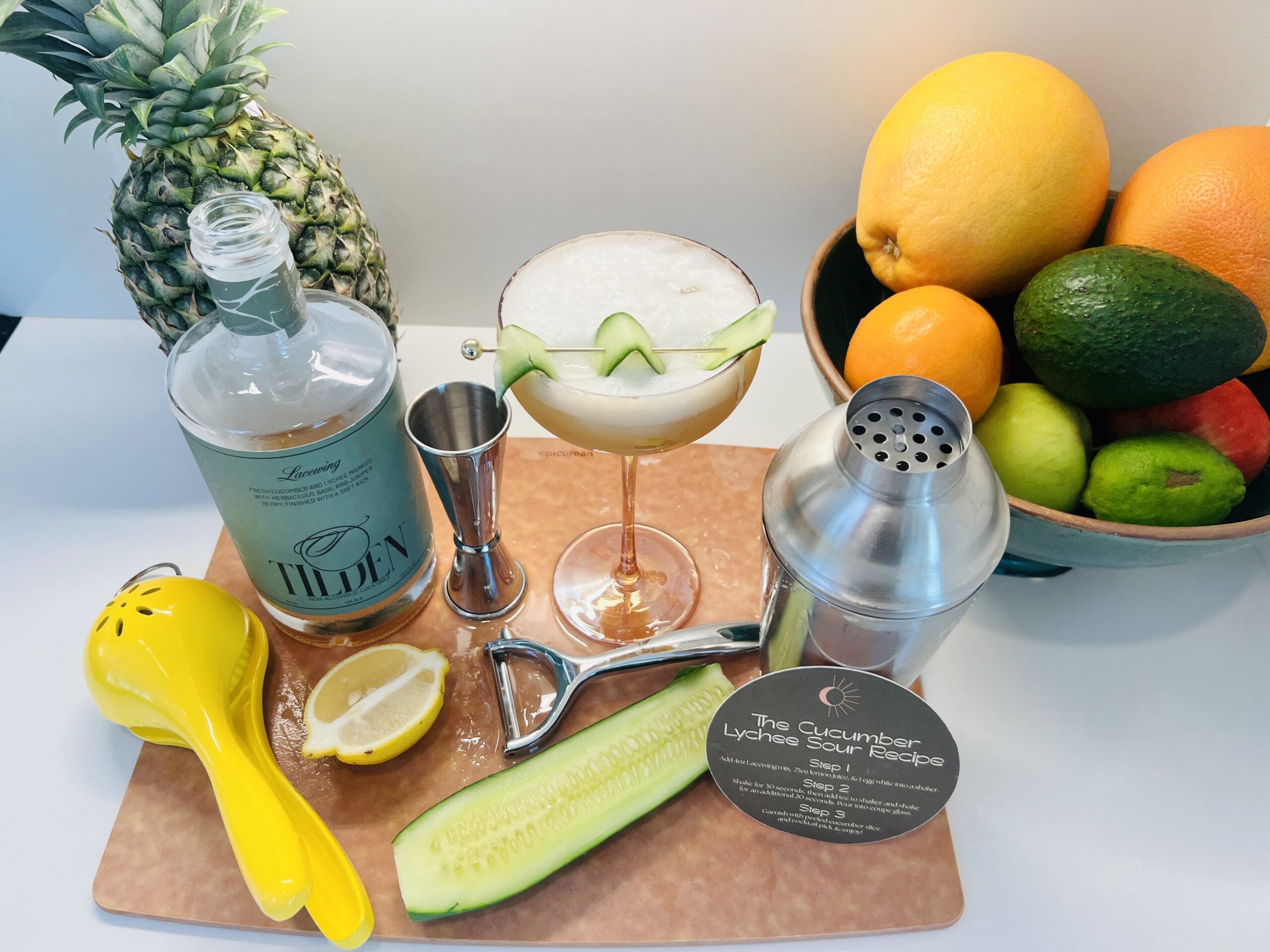If you’re looking for a novel approach to addiction recovery in the San Diego, California region, SMART Recovery San Diego may be the ideal option.
SMART is an innovative, non-profit organization with chapters all over the U.S. and Canada has a science-based program that offers a self-empowering and evidence-based path toward overcoming addictive behaviors. It gives you concrete tools, exercises, and strategies to stop engaging in behavior you no longer want to repeat.
SMART Recovery San Diego hosts around 40 meetings per week, making it very easy to incorporate into your schedule. One of my friends turned me onto the program. She told me she went to these meetings where she learned some insights about why people drink, the science of alcohol addiction, and mindfulness techniques that she found extremely beneficial. Ultimately, SMART Recovery helped her to stop drinking altogether.
Curious to learn more about SMART Recovery San Diego myself, I attended a couple of in-person meetings on a Saturday. All of the meetings were very positive experiences for me, and I could see why a support group like this could be so powerful for anyone who is looking to stop drinking or ditch any addictive behavior.
In this blog post, I’ll cover what SMART Recovery is, the key differences between SMART Recovery and AA, my experience with the program, and what to know before you go.
Contents
What is SMART Recovery San Diego?
SMART Recovery San Diego is a non-profit organization in California that offers free support to individuals struggling with addiction. SMART stands for Self Management and Recovery Training.
As the name suggests, SMART Recovery San Diego provides individuals struggling with addiction the tools, exercises, and strategies needed to empower themselves in their journey toward recovery. It can be either a supplement to addiction treatment programs or serve as someone’s primary method of quitting alcohol.
At SMART Recovery meetings, you may find people from all walks of life and backgrounds, from those in outpatient programs to long-time sober folks wanting to maintain their healthy habits. These meetings are led by trained volunteers who provide open discussion forums for participants seeking guidance and support during their recovery journey.
At the heart of SMART Recover is its four-point program:
- Building and maintaining motivation
- Coping with urges
- Managing thoughts, feelings, and behaviors
- Living a balanced life
How Does it Work?
SMART works for you by:
- Helping look at your behaviors so you can decide what problems need your attention and how to stay motivated if you decide to implement a behavior change
- Encouraging anyone who needs to work with a therapist to do so, but also helping you without one
- Attending meetings and interacting with others who are on a similar path as you, you can see that you’re not alone (By the same token, you can help others by being there and sharing your journey.)
SMART’s Purpose, Mission, and Vision
Purpose: To help individuals gain independence from addictive behavior and lead meaningful and satisfying lives. To support the availability of choices in recovery.
Mission: To offer no-fee, self-empowering, science-based, face-to-face, and online support groups for abstaining from any substance or activity addictive behavior.
Vision: Think SMART worldwide.
SMART Recovery Meetings in San Diego
SMART Recovery San Diego offers specialized meetings that are open for all people from all walks of life, demographics, socioeconomic backgrounds, etc. Meetings allow participants to discuss their challenges openly with experienced volunteers who have successfully recovered using the program’s methods.
These meetings offer a secure, encouraging space for people to share their narratives without worrying about condemnation or shame. The volunteers are trained to provide guidance and support throughout the recovery process, helping you find your path to sobriety.
They host eight types of meetings, nearly of one each per day:
- Discussion
- Family & friends
- Tool meetings
- Topic meetings
- Handbook meetings
- Mindfulness
- Meditation
- Virtual meetings
Key Takeaway: SMART Recovery is a self-directed, evidence-based program that helps individuals take charge of their sobriety and cultivate effective techniques for enduring accomplishment.
SMART Recovery vs AA
SMART Recovery and AA are support group options for anyone struggling with alcohol abuse or addiction. But they’re a bit different. Here’s what you need to know.
The Perception of Power
SMART Recovery is an evidence-based addiction recovery program that’s one of the main alternatives to AA (Alcoholics Anonymous). Unlike AA, which focuses on powerlessness over one’s life due to addiction issues, SMART Recovery emphasizes personal empowerment and, good news for the spiritually disinclined, doesn’t invoke the need to surrender to a higher power.
This is because SMART Recovery characterizes alcohol use disorder and addiction as maladaptive behaviors that can be changed.
Rather than conceptualize alcoholism and addiction as a chronic disease, SMART recovery encourages people struggling with addiction to not see themselves as at the mercy of a condition, but as empowered to overcome the problematic behaviors.
The Technique
To overcome these behaviors, rather than prescribing you to follow 12 steps without question, SMART Recovery uses techniques from:
- Cognitive Behavioral Therapy (CBT)
- Rational Emotive Therapy (RET)
- Motivational Enhancement Therapy (MET)
I really like this about SMART Recovery because I used these techniques before checking out the program, and they helped me to completely shift my mindset about nicotine and alcohol. Thanks to these techniques, I’ve been able to successfully quit both – without the use of willpower.
However, at AA, everything is built around the premise that you will always be an alcoholic and you will always need to exercise willpower to stay clean. It insists on reliance on the group and/or a sponsor to get you through the worst moments of temptation. Instead of helping you to remove that temptation altogether!
Since willpower is like a muscle, it can get fatigued. Willpower alone is a really hard way to refrain from doing something. Using techniques like CBT, however, can help you completely remove the conscious and subconscious desire to engage in addictive behaviors in the first place. It completely removes that little angel and devil who are sitting on your shoulders. No need to constantly fight that battle anymore.
To summarize, the main difference between AA and SMART Recovery is their underlying philosophies – AA embraces humility and powerlessness while SMART Recovery embraces self-empowerment. Because of its positive underlying philosophy that doesn’t involve religious themes like a higher power, SMART Recovery San Diego often makes it an appealing alternative for many health and wellness-minded people seeking recovery from substance abuse or other harmful behaviors.
Check out these 6 Alternatives to Alcoholics Anonymous.
What to Know Before You Go
Here are some things to know before you attend your first SMART Recovery meeting, either in-person or online:
- Meetings are not meant to be a substitute for professional help or treatment. If you have a severe addiction problem, it might be best to seek professional help first.
- Anyone can attend a meeting at any time. You don’t have to sign up beforehand.
- If you can, try to go to as many types of meetings as possible to get a comprehensive feel for the program and soak up all the knowledge and tools and learn from multiple facilitators. It takes several meetings to learn about all of the tools, exercises, and strategies they offer.
- The program has a handbook for $12 online that contains everything you need to know about the tools and philosophy – so you can study at home and get the most context out of the meetings. You can also find used ones on Amazon for less.
- Meetings are free to attend, but they do pass around a donation jar, so bring some cash if you feel like giving a token of appreciation at the end. They use these donations to cover expenses like rent.
My SMART Recovery San Diego Experience
On the day I went to the SMART Recovery meetings, which are in a community center building in Kearny Mesa, they had a discussion meeting at noon and a tools meeting at 6 p.m.
After attending the discussion meeting, I wanted to learn more, so I did some errands to pass the time and then went to the tools meeting that night.
Each meeting had a full room – about the size of a large classroom – in attendance.
The Discussion Meeting
One thing that jumped out at me when I went to both of the meetings was that they really don’t have many rules other than one:
“Do not offer advice.”
Rather than give your advice, the facilitator will encourage you to say things like, “What works for me is…” By framing what one shares this way, the space stays friendly and judgment-free.
In the discussion meeting, we all went around the room answering one question, “What is your goal for today, tomorrow, and a year from now?”
Hearing what everyone had to say was actually really endearing. I couldn’t help but feel an outpouring of love and a deep sense of reverence for everyone in the room. Some people were clearly in the throes of their addiction, and others were in maintenance mode. Many were there not only for themselves but for their loved ones.
Many people shared that they don’t have goals for themselves, saying things like, “I’m not really a goal person,” which honestly made me a bit sad. Personally, I think we should all have goals to strive toward. I think everyone is worthy of getting what they want out of life, or at least making progress toward a better one. But then again, for some, just staying free from alcohol or whatever it may be was all they could deal with at the moment, and that’s totally fair.
After everyone had shared their goals, one woman compared the SMART Recovery San Diego meetings to the gym, “I don’t always feel going, but I always feel better afterward.”
I could certainly see why!
The Tools Meeting
In the tools meeting, the volunteer asked us all to share one win we had that week.
A vivacious 30-something-year-old woman, who was also at the discussion meeting earlier, shared the hilarious story of going to a music festival with her friends and even her father.
Everyone she went with was drinking, and this would be her first time going to a festival not drinking.
Her father snuck in some mini-shot-sized bottles of different liquors – something she and her friends got a real quick out of, and at one point, he had handed her some to smuggle in for him. Hours later, when she was inside, she went to the bathroom and then looked down her shirt to realize she had these mini bottles.
She shared what a joy it was to realize that, at that moment, her old self would have taken the chance then and there to drink the shots in that bathroom stall, but this time, that thought never even occurred to her. The craving was not there. All she could think was, “Oh, I need to give these back to my dad!”
It was nice to hear others’ success stories of how they changed their behavior and relationship with alcohol or new epiphanies they had had that week.
After everyone shared their wins, the volunteer led us through an exercise called the Lifestyle Balance Wheel. In this exercise, you decide on the top eight most important things to you in your life (family, physical health, mental health, purpose, etc.) and then rate how well you are doing in each.
From a center radius, you plot out how well you’re doing in each area. The further you plot something on your wheel, the better you are doing in that category. In the end, what you have can either be a well-rounded wheel or something that looks more like a triangle or a star.
We did one as a group collectively on a whiteboard, tossing out different numbers for each category. After connecting all the dots, instead of having a round shape, it looked something like this:

The whole point of the exercise is to realize that, for our lives to go well, we need to find balance. If our wheel is jagged, it will be really hard to pedal with it.
This means, if our life is off-balance, it will be really hard to move forward. So, take the areas where you are lowest and try to work on them to round out the wheel.
The best part? You only need to focus on one or two areas at a time to see a big difference.
This is a personal development exercise that I will return to every so often, to make sure I make progress on all of the things that are most meaningful to me – with staying healthy and AF as priority number one!
Overall Vibe
Ultimately, I really enjoyed these meetings for the human and community aspect of it. I walked out of both meetings feeling like I learned something while also helping others by sharing some of my own lived experiences.
Since attending the meetings, I purchased a copy of the SMART Recovery handbook because I really want to learn everything there is to know from the program.
Although I have already been able to successfully quit alcohol, I plan to use the handbook because it could only help me live a balanced life and deal better with the occasional urge.
FAQs About SMART Recovery San Diego
What is the Success Rate of SMART Recovery?
A clinical study has found that after three months, participants increased their percentage of days abstinent from 44% to 72%, and significantly reduced their negative alcohol/drug consequences. Moreover, those who complete the full 16-week program have a greater likelihood of sustained abstinence from alcohol than nonparticipants.
Who Funds SMART Recovery?
SMART Recovery is funded by a combination of donations from individuals, grants from foundations and corporations, and the sale of publications. It also receives support from its network of volunteers who help to facilitate meetings and provide other services.
How Can I Find a SMART Recovery Meeting in My Area?
Use this tool by SMART Recovery to find a meeting in-person or online.

SMART Recovery Shines a Light on the Path to Stop Drinking
All in all, would I recommend someone go to SMART Recovery San Diego? Absolutely! The people are friendly, non-judgemental, and humble. Whether you’re battling a substance use disorder, are sober curious, or have been sober for ages, there is something for everyone to get out of these meetings. Heck, if anything, it’s like free therapy! Who couldn’t use some of free self-help?
SMART Recovery’s focus on self-empowerment, in contrast to the 12-step approach of Alcoholics Anonymous, gives you more autonomy and control over your recovery process.
Have you been to SMART Recovery? I’d love to hear your thoughts! Leave a comment below.






Leave a Reply